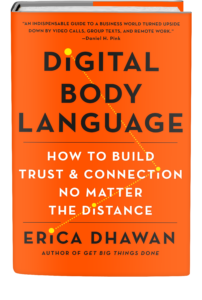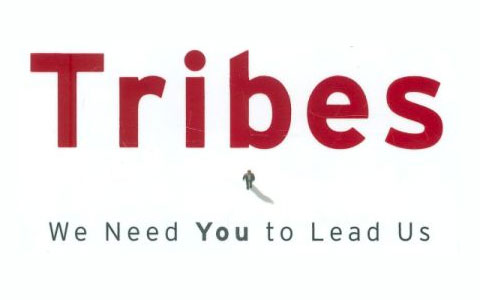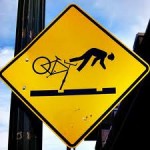
Anne Marie Slaughter’s piece has reached over 200,000 recommendations on Facebook and an absurd amount of reactions on blogs everywhere. It is the most well read piece in The Atlantic history.
Beyond my leadership consulting and coaching work, I’m a Harvard researcher on the work-life aspirations of Gen Y women and men. I didn’t think Ms. Slaughter was saying anything we haven’t heard before, but her piece rippled and shocked millions of people, largely due to the absurdity of the title.
I believe that women can have it all…over the course of their life. Work-life balance is a unfair term in today’s age—it’s never a weighing scale between the two, it’s an ongoing process.
For those of you who skimmed or half read the piece (you know who you are), here’s a quick summary: Slaughter argues that maybe there are constraints that make women lean back (as opposed to Sandberg’s popular ‘women need to lean in’ argument). She further says that its society that needs to change, not marriage. Here’s a reader’s digest version if you need one.
Most of the critics of the piece had two main arguments. First, women does not mean mother. Many women felt a broader set of issues could have been explored. Second, the phrase ‘having it all’ is a 1980s term. It was used back then as a perspective of what women wanted to be doing, but the negative framing has driven people crazy. It has positioned the issue as an HR work-life problem rather than a conversation on leadership.
The real challenge in my eyes is that this piece was setup as a woman’s problem, not a man’s problem. It sets up men as the norm instead of parents as the norm. Working women are not a special case—working parents are.
And most importantly, what I care about most is how this piece affects Gen Y women and men. The response I heard from some Gen Y women was one of dismay and despair, which upset me. The language and the way we frame this issue can make young women lower their aspirations, feeling like they will inevitably have to sacrifice. I deeply hope that this piece does not become a reason for women to say ‘it’s not worth it’ or ‘I am not going invest in my career because it will ultimately come at too great of a cost to my family life.’
As 20 somethings, we are still trying it figure it all out, so we should see this piece as a guiding light, not a call for help. At the end of the day, everyone has to define what it means for them to ‘have it all’. Having it all, for me, is to have what I want. And I believe I can have it all because I have what I want.
So ladies and gentlemen, let’s not make this piece an excuse to not continue to focus on the real barriers and hurdles that still very much exist in the workplace that prevent women from moving up the corporate and political ladder. Let’s stop being so hard on professional women and support them like we support men in our culture. I believe we can create collective change for the better in business and politics, but first we need to reframe this dominant narrative to a conversation on what women’s leadership might mean for our world.



